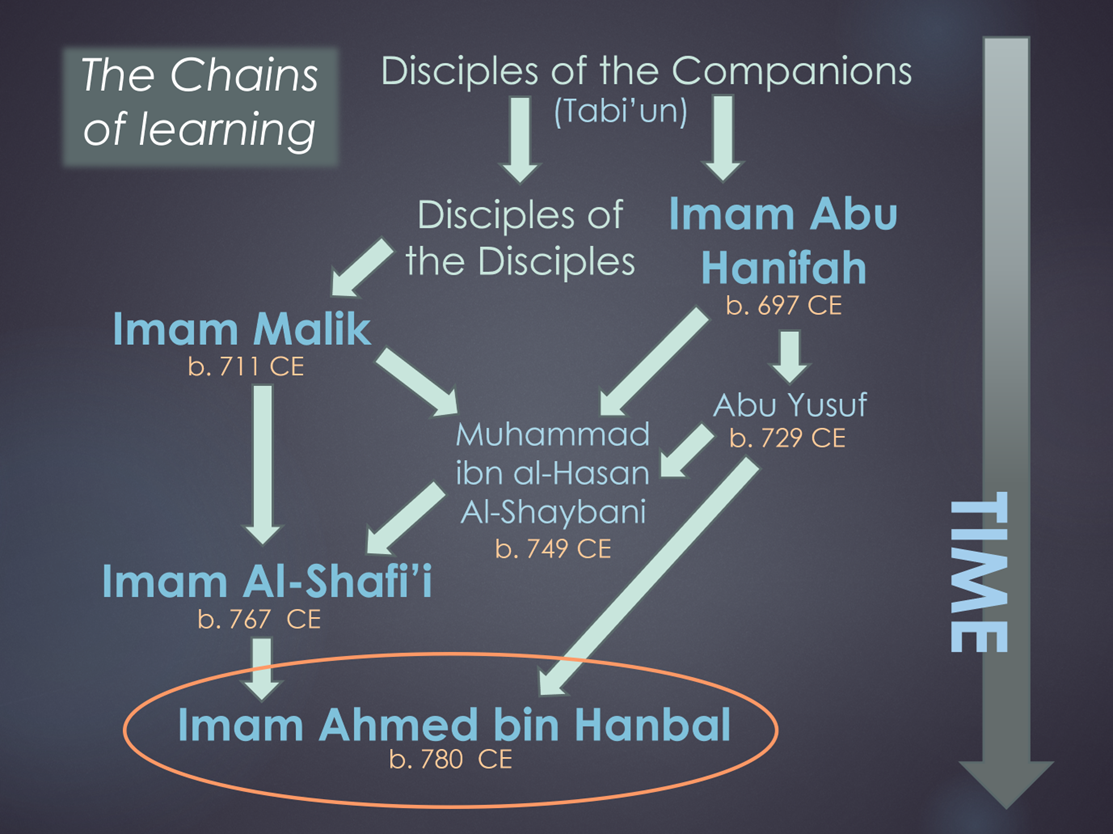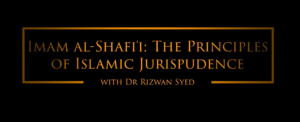If new problems occurred:
Imam Malik would have considered any laws that help the public part of shari’ah (maslahah mursalah). This would involve assessment of the best evidence of what benefits the public, and this would be endorsed.
If there was a hadith that applied to a similar situation but following it would cause hardship, then Imam Malik may not follow it, as the greater sunnah was that Islam came to benefit people.
The Hanafis established principles that would embrace new situations, so that Islamic teachings could extend into new contexts, even if the Prophet (S) had not specifically ruled on those situations.
Where the matter does not encroach on important areas of Divine Law, the Hanafis would endorse local custom (‘Urf) for their judgements.
Unlike other madhabs, Hanafis devised rules for taxation, foreign policy and other spheres of government and the Hanafi madhab was preferred by most large empires.
Imam Shafi’i’s approach was to look for something in the hadith that was very similar to the new problem and analogise a ruling (qiyas Jali / manifest analogizing)
Completely new problems for which there was no precedent in the hadith, should be dealt with by the authorities and people would have to follow the law, but considered such things outside the scope of Shari’ah. So to not follow the law of the land will get you into trouble with the authorities but may not be a spiritual sin as such.
The Hanbali approach to new problems would be to look for a hadith with a reasonable probability of accuracy and apply it even if it doesn’t exactly match the new situation, and even if it caused a degree of hardship, because at least it showed a desire to adhere to the Prophet’s teachings and to avoid thinking too much as that could be even more erroneous.



